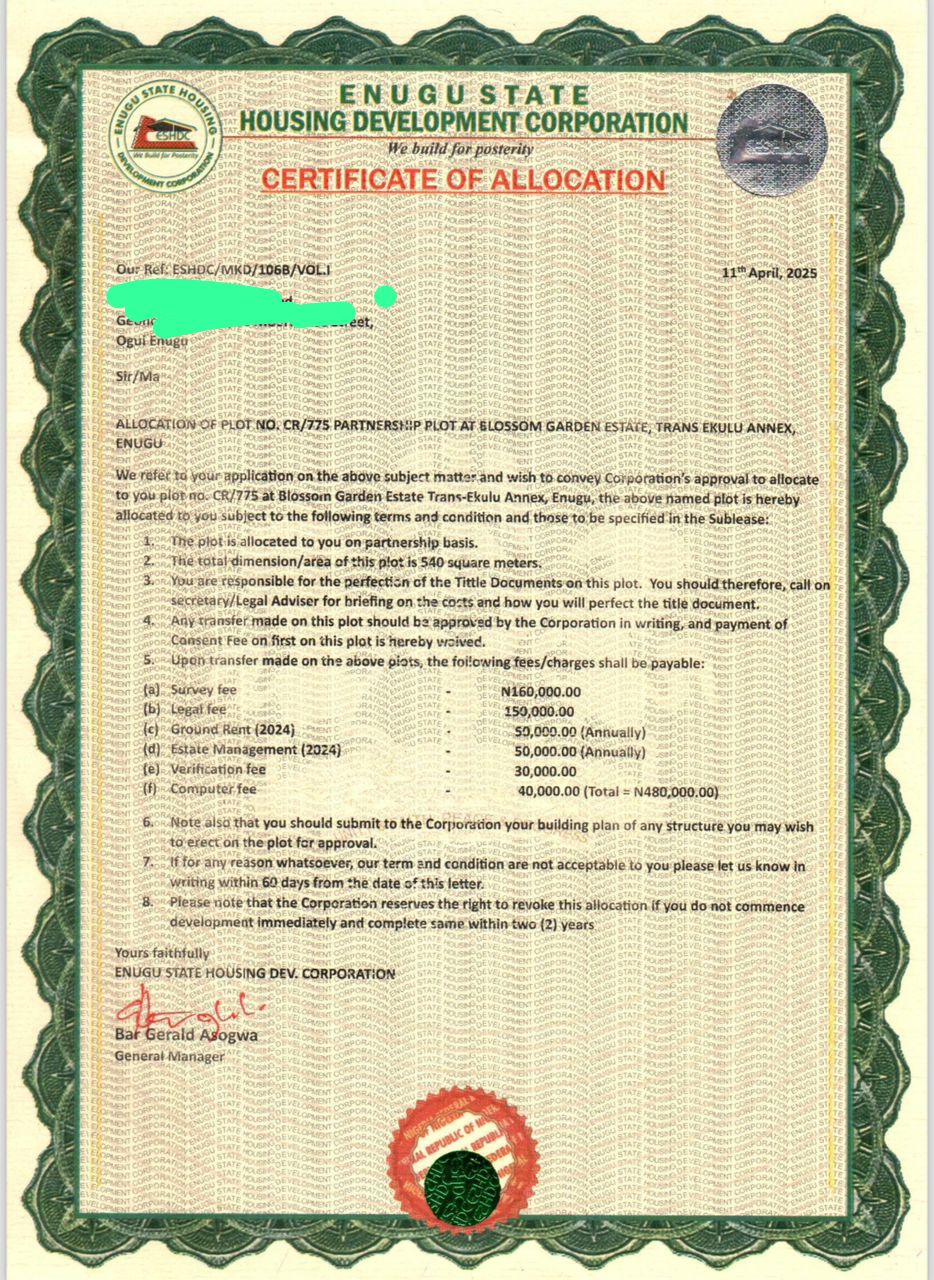Why Working Hard Without Strategy Is a Waste of Time
Introduction

The Trap of Hard Work Without Direction
You’ve probably heard this countless times:
“Just work hard and you’ll succeed.”
But let’s be real, that’s not entirely true.
Millions of people work hard every day, yet remain broke, stressed, or stagnant. They wake up early, hustle late, and still wonder why success seems out of reach.
The truth is simple but uncomfortable:
Hard work without strategy is motion without progress.
If your effort isn’t guided by clear direction, you’re just running in circles, fast but going nowhere.
1. Why Hard Work Alone Doesn’t Guarantee Success
Hard work is a tool, not a plan.
Think of it like a car engine, powerful but useless without a steering wheel. Strategy is that steering wheel.
Many people mistake activity for productivity. They stay busy all day doing tasks that don’t bring them closer to their goals.
Example:
Someone may spend years in a job giving 100% effort but never learning, networking, or investing in skills that could change their income level.
Result? They remain hardworking but underpaid.
Practical Tip:
Every week, ask yourself:
• What exactly am I working hard toward?
• Is this task moving me closer to my big goal or just keeping me busy?
2. The Difference Between Hard Work and Smart Work
Hard work is about effort.
Smart work is about efficiency and direction.
Successful people don’t just grind, they plan, prioritize, and pivot when needed.
Hard Work: Doing everything you can.
Smart Work: Doing what truly matters most.
Practical Tip:
• Start each week with 3 high-impact goals instead of 20 random tasks.
• Use the 80/20 rule: focus on the 20% of actions that bring 80% of results.
Example:
Instead of calling 100 leads randomly, study your best 10 prospects and close 3 of them, that’s smart work.
3. The Power of Strategic Thinking
Strategy is simply working with a map in your hand.
Before you start any hustle, job, or project, ask:
• What’s my ultimate goal?
• What’s the fastest and smartest route to get there?
• Who has done it successfully, and what can I learn from them?
Practical Example:
If your goal is financial freedom, your strategy may include:
• Gaining skills in real estate or digital marketing.
• Building multiple income streams.
• Saving and investing 20% monthly.
• Networking with high-achieving people.
Hard work makes sense only when it’s tied to a clear direction like this.

4. Why Many Youths Are Busy But Not Productive
Scroll through social media and you’ll see it, everyone’s “grinding.”
But few are actually growing.
They spend hours on low-impact tasks: endless meetings, unplanned hustles, inconsistent content, or projects without goals.
The truth? Busyness gives you the illusion of progress while robbing you of results.
Practical Tip:
At the end of each day, write down the three things you achieved that truly mattered.
If you can’t name them, you probably worked hard but not smart.
5. Build Systems, Not Just Sweat
Hard work produces results once.
Systems produce results repeatedly.
A system is a repeatable process that multiplies your effort.
Example:
Instead of manually messaging 100 clients every day, build a marketing funnel or automated email sequence that runs while you sleep.
Or if you’re in real estate, create a structured referral system where your past clients bring new leads.
Practical Steps:
1. Automate repetitive tasks.
2. Create templates or processes for what works.
3. Delegate or outsource low-value tasks.
Systems turn your effort into long-term leverage.
6. Learn, Adjust, and Measure Progress
Working hard without reflection is like shooting arrows in the dark.
Every strategy needs feedback loops, ways to measure if what you’re doing is working or not.
Practical Tip:
• Set clear metrics (sales, website traffic, savings, etc.).
• Review them weekly or monthly.
• If you’re not improving, change the approach, not the goal.
Smart people don’t quit when something fails; they adapt.

7. The Smart Worker’s Mindset
Here’s how smart workers think:
• They plan before they act.
• They measure before they celebrate.
• They learn before they repeat.
They know success isn’t about working harder, but smarter, faster, and wiser.
Mindset Shifts to Practice:
• From effort → to impact
• From speed → to direction
• From motion → to progress
8. The Balance: Strategy + Hard Work = Success
Don’t misunderstand, strategy isn’t an excuse to be lazy.
You still have to put in effort. But the key is focused effort.
Think of a laser, it’s just light, but when focused, it cuts through steel.
Your work should be the same: strategic, intense, and directed.
Action Plan:
1. Define your ultimate goal (clear and measurable).
2. Break it into smaller strategic steps.
3. Work hard on those steps daily.
4. Review and improve your plan monthly.
Conclusion: Work Smart, Not Blind
Hard work is honorable, but without strategy, it’s just exhaustion.
Success doesn’t belong to those who do the most; it belongs to those who think, plan, and act intentionally.
Stop running faster in the wrong direction.
Pause, plan, and then move with purpose and precision.
“It’s not how much effort you give, but where that effort is directed that changes your life.”
So, before you hustle harder tomorrow, ask yourself,
Am I moving or just busy?
Key Takeaways
• Hard work without strategy equals wasted energy.
• Smart work focuses on direction, not just effort.
• Build systems that multiply your results.
• Measure and adjust consistently.
• Strategy turns effort into success.
















.jpg)





1 Comments
Kirby
2025-10-09I'm learning, thanks ?